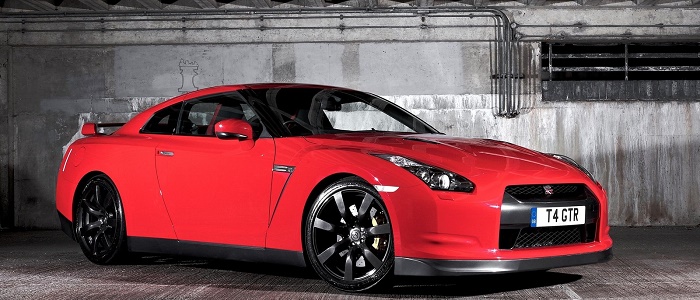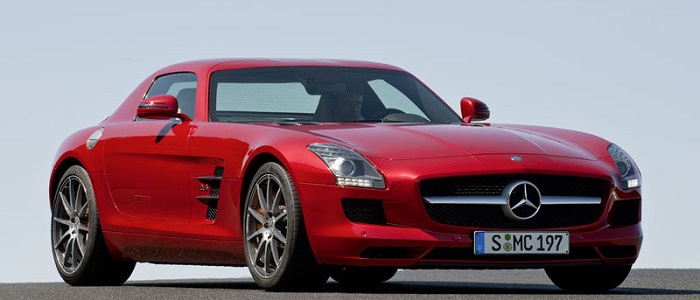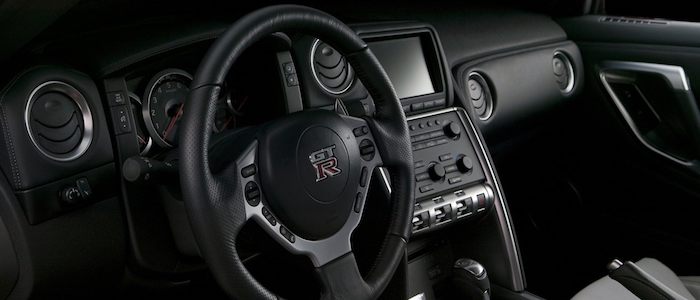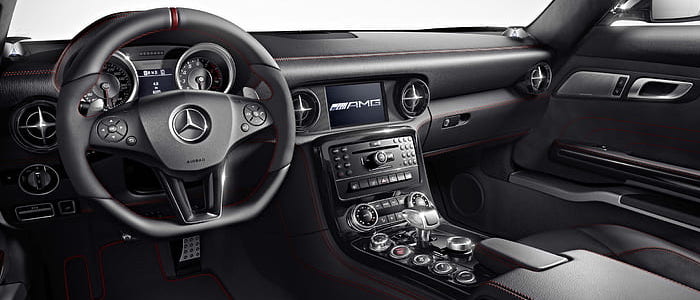Compare two cars
Compare any two cars and get our Virtual Adviser™ opinion
Dimensons & Outlines
Check vehicle history
Engine
6.2 M159 KE63 AMG
Performance (manual gearbox)
Performance (automatic gearbox)
Expenses
Virtual Adviser's™ opinion
Two significantly similar cars, no doubt about that. Still, each one has something different to offer. Having both cars powered by petrol engines and utilizing the 2-door coupe body style within the same 'Sports car' segment, the only major difference here really is their wheel drive configuration (4 x 4 for the Nissan and rear in the case of the Mercedes Benz). The first one has a Nissan-engineered powertrain under the hood, a 6-cylinder, 24-valves 485hp unit, while the other one gets its power and torque from a 8-cylinder, 32-valves 571hp engine designed by Mercedes Benz.
SafetyUnfortunatelly, neither of the two vehicles was submitted to the European New Car Assessment Programme (Euro NCAP) testing. This makes it virtually impossible for me to pick one over the other and I'm generally against buying such cars as the safety should really always come first. That aside, let's consider some other aspects which affect safety. Both vehicles belong to the sports car segment, which is generally classifying them somewhere in the middle safety-wise, still it doesn't help us solve our dilemma, does it? Furthermore, taking kerb weight as an important factor into account, the Japanese car offers a marginal difference of 9% more metal.
ReliabilityI don't like generalizing things when it comes to reliability, although it does seem that Nissan as a brand displays somewhat better results, at least on all of the models level. These are the results of an independent reasearch, while our visitors describe reliability of Nissan, as well as Mercedes Benz, with the same average rating of 4.3 out of 5. The same official information place GT-R as average reliability-wise, and SLS is more or less at the same level.That apart, owners of different cars powered by the same engine as the Japanese car rank it on average as 3.0, while the one under the competitor's bonnet gets 5.0 out of 5.
Performance & Fuel economyNissan is a bit more agile, reaching 100km/h in 0.3 seconds less than its competitor. Still, it lacks the power to win the top speed competition, topping at 310 kilometers per hour, 7km/h less than the other car. When it comes to fuel economy the winner has to be the Japanese car, averaging around 12.4 liters of fuel per 100 kilometers (23 mpg), in combined cycle. We can't ignore that 6% difference compared to the German car.
Verdict
Mercedes Benz appears just a bit more reliable, although the difference is truly marginal. The most important thing when deciding between any two vehicles should always be safety, both passive and active. In my opinion, everything taken into account, the Japanese car offers slightly better overall protection and takes the lead. When it comes to performance, both vehicles provide similar experience, so I wouldn't point any of them out. the Japanese car , on the other hand, consumps significantly less fuel, and that's a big plus. All together, there's not much more to say, in this case I wouldn't even consider anything but Nissan. Nevertheless, let's not forget that people have different preferences and needs, so what really counts is your personal feel. I'm only here to help. In case you have two minutes to spare I invite you to define your needs, desires and budget and see which car would be chosen by the virtual adviser™, among more than 12.000 different ones in our database.
































